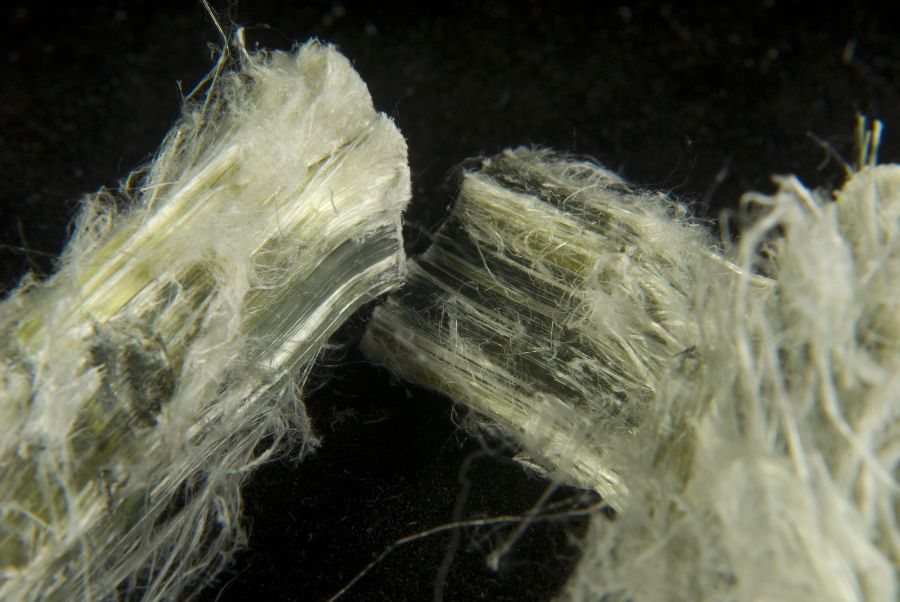
Asbestos compensation - Scotland is different

Did you know that in Scotland more asbestos compensation can be claimed than is possible in England and Wales? Of the various types of asbestos condition, pleural plaques are the most common. Compensation is payable for pleural plaques under Scots law. This is different from England and Wales. Since 2007 English Law has stated that no compensation can be paid for pleural plaques. This is because the plaques do not cause symptoms. The Scottish Parliament recognised this was unfair. It acknowledged that having pleural plaques increases the anxiety of the risk of developing a separate more serious asbestos condition in the future. So, in 2009 the Scottish Parliament passed legislation locking into Scots Law the right to claim compensation for pleural plaques.
Why should I consult a Scottish specialist solicitor for my case?
Most UK claims companies do not know that Scots Law is different. Their call centre staff are usually based in England and often wrongly tell callers that no compensation can be claimed for pleural plaques. We know of people who have missed out on compensation because of this wrong advice. So, if you need advice, make sure you contact a Scottish law firm, like Allan McDougall Solicitors, which specialises in asbestos claims.
What are pleural plaques?
The pleura is a membrane surrounding the lung. If you have been exposed to asbestos, it is possible for areas of this membrane to become thickened and fibres to accumulate as deposits of a chalky material. These deposits are called pleural plaques.
Pleural plaques are a separate condition from other asbestos illnesses such as asbestosis, pleural thickening and mesothelioma. Pleural plaques are almost always benign and cause no symptoms.
How do I know if I have pleural plaques?
If you have had a chest x-ray or CT scan for another reason, any pleural plaques would be visible. If pleural plaques are identified, your doctor should tell you. There is no need to treat pleural plaques in any way.
How much can be claimed?
There are various factors which affect the amount that can be claimed. One vital factor is whether a “full and final” or the alternative “provisional” award is sought. What’s the difference?
- A full and final award settlement attracts a higher amount of compensation. But, if a separate, more serious asbestos condition develops later, you will not be able to claim further compensation for that new condition. Full and final awards can exceed £15,000.
- A provisional award attracts a lower amount of compensation, sometimes roughly half of a full and final award. But in a provisional award, you retain the right to come back to claim further compensation if a separate, more serious asbestos condition develops.
You can find out more about how claims are valued here.
Can I claim again for another asbestos condition if I have already claimed for pleural plaques?
Yes, quite possibly. It will depend on whether the award or settlement in your pleural plaques claim was a “full and final” award or a “provisional” award. If the pleural plaques award was a provisional award, you retain the right to come back to claim further compensation if a separate, more serious condition develops.
Are there time limits for making a claim?
Yes, but it can be complicated in a case involving a disease. The time limit is three years. But identifying when the time period is triggered is not always easy. A number of factors can be taken into account. Very often, the three-year period will run from the date when a person is first told (by a medical professional usually) that there are signs of asbestos on a scan or x-ray.
Email Stephen Irvine
Call our personal injury claims team free on 0808 560 0872
Arrange a callback by using our enquiry form
Share this page
- Personal injury claims
- Our personal injury team
- How to make a personal injury compensation claim
- How to choose a personal injury solicitor
- Claim now
- Personal injury claim calculator
- How claims are valued
- Frequently asked questions
- Types of personal injury claim
- How to sue someone in the Scottish courts
- Recent successes
- Testimonials
- Injury Compensation Alliance

